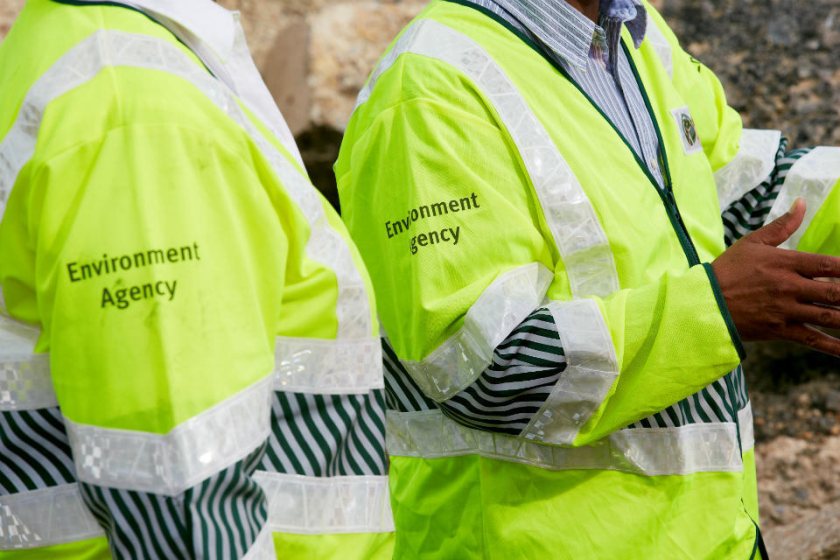
Environment Agency staff have been told to 'ignore' reports of low-impact pollution events due to a lack of investigative funds, according to media reports.
A leaked internal report seen by The Guardian claims agency staff are being told to 'ignore' Category 3 and 4 incidents as part of a triage process.
The briefing, issued in November, tells EA staff that there is high-level support for "no response to unfunded low- and no-impact environmental incidents."
The internal report also shows the agency’s frustration at the government and the funds set aside for its investigative work.
According The Guardian, the document says the EA's leadership team has "made it clear to government that you get the environment you pay for."
However, there are exceptions to this rule, it says, such as pollution incidents caused by water companies or a regulated site.
If pollution incidents do not relate to a water firm or regulated site, staff are reportedly told: “Do not substantiate report, call site or add any details. Shut down report.”
The agency has since responded, saying "like every other public sector organisation with finite resources, the EA focuses its efforts on where they will have the most impact".
"The EA receives over 100,000 incident reports a year, every one of which is recorded and assessed," an EA spokesperson said in an online blog post.
"We focus our incident response effort on those pollution incidents which pose the greatest risk to the environment.
“Our Incident Triage Project is looking at how we can best use our resources and maximise benefits for the environment."
The spokesperson added: "While we continue to attend the most serious incidents we concentrate our efforts on our regulatory activities which prevent incidents from happening in the first place.
"Intelligence from incident reporting helps us to plan and prioritise our work to protect the environment ”
